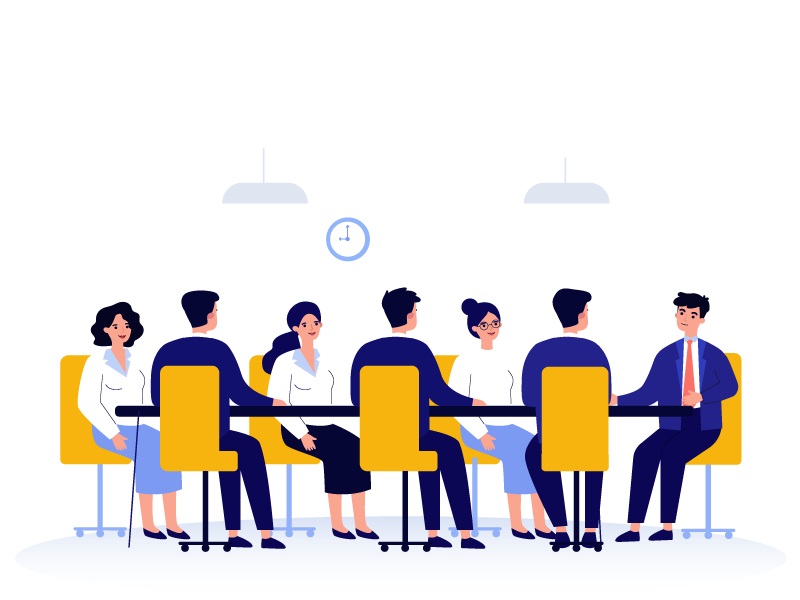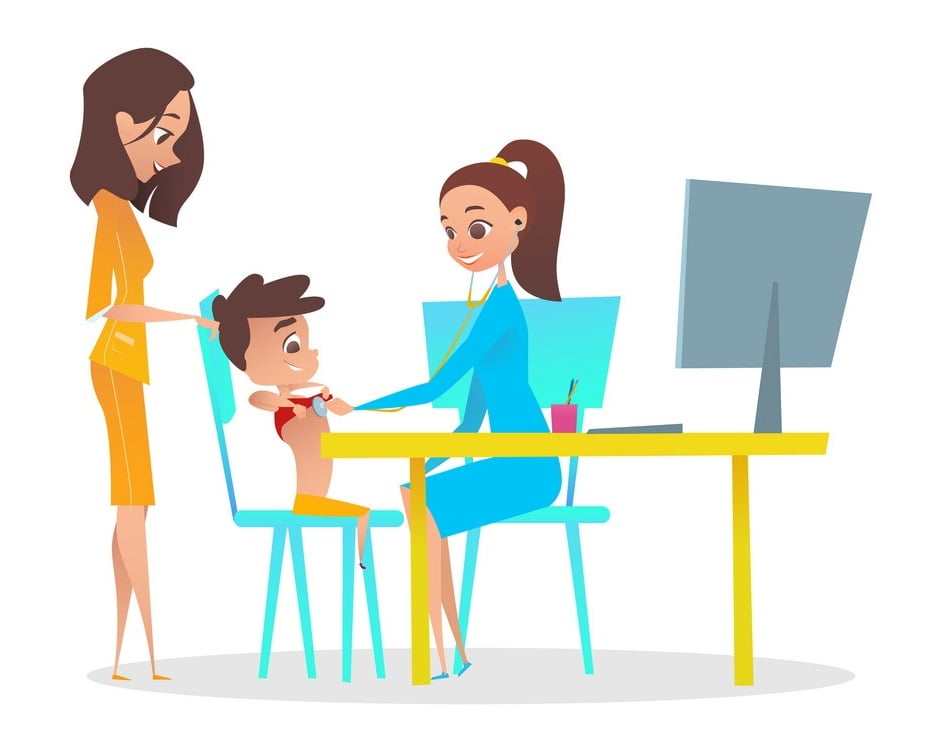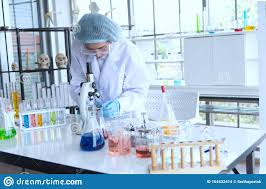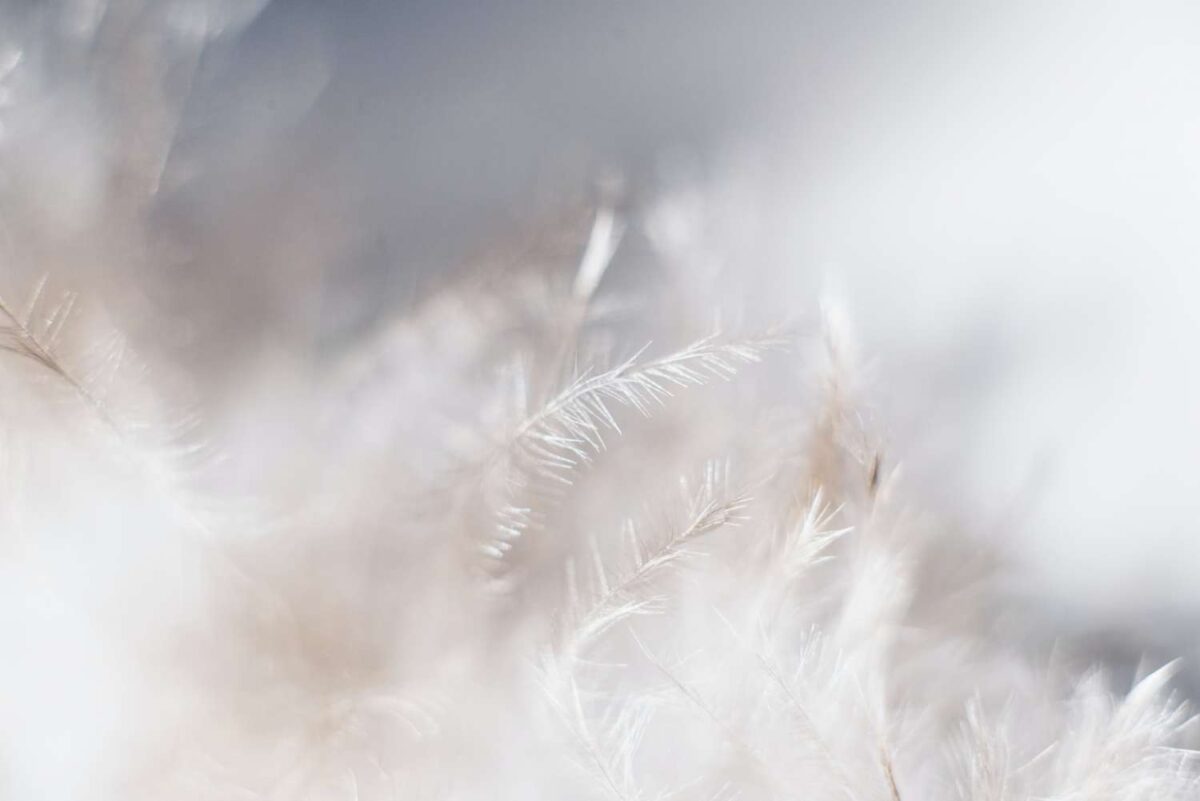Polycystic Kidney Disease Treatment Pack
₹4,550.85 Original price was: ₹4,550.85.₹2,855.93Current price is: ₹2,855.93.
Polycystic Kidney Disease Treatment Pack is a complete herbal solution to all your Kidney problems. It is a 100 % safe DAD Ayurveda formulation developed after lengthy clinical trials and research.
Beneficial in Abdominal Mass, Abdominal Pain, Kidney Stone & Urinary Support
Introduction:
Polycystic kidney disease (PKD) is an inherited disorder in which clusters of cysts develop primarily within your kidneys, causing your kidneys to enlarge and stop working over time. Cysts are noncancerous round sacs that contain fluid. Cysts vary in size, and they can be huge. Having multiple cysts or large cysts can damage your kidneys.
Polycystic kidney disease can also cause cysts to develop in your liver and elsewhere in your body. The disease can cause serious complications, including high blood pressure and kidney failure.
PKD varies greatly in its severity, and some complications are preventable. Lifestyle changes and treatments can help reduce the damage to your kidneys from complications.
Symptoms
Polycystic kidney disease symptoms can include:
- High blood pressure
- Back or side pain
- Blood in your urine
- A feeling of fullness in your abdomen
- Increased size of your abdomen due to enlarged kidneys
- Headaches
- Kidney stones
- Kidney failure
- Urinary tract or kidney infections
When to see a DAD Doctor
It is not uncommon for people to have polycystic kidney disease for years without knowing it.
See your doctor if you develop some of the signs and symptoms of polycystic kidney disease. If you have a parent, sibling, or first-degree relative of a child with polycystic kidney disease, visit your doctor to discuss screening for this disorder.
Causes of Kidney Disease:
Abnormal genes cause polycystic kidney disease, which means that in most cases the disease runs in families. Sometimes, a genetic mutation occurs on its own (spontaneous) so that neither parent has a copy of the mutated gene.
There are two main types of polycystic kidney disease caused by different genetic defects:
Autosomal dominant polycystic kidney disease (ADPKD). The signs and symptoms of ADPKD most often develop between the ages of 30 and 40. In the past, this type was called adult polycystic kidney disease, but children can develop the disorder.
Only one parent needs to have the disease in order to pass it on to children. If one parent has ADPKD, each child has a 50% chance of having the disease. This is the form in most cases of polycystic kidney disease.
Autosomal recessive polycystic kidney disease (ARPKD). This type is much less common than ADPKD. Signs and symptoms often appear soon after birth. Sometimes, symptoms do not appear until later in childhood or during adolescence.
Both parents must have the abnormal gene in order to pass on this form of the disease. If both parents have a gene for the disorder, each child has a 25% chance of having the disease.
Complications
Complications associated with polycystic kidney disease include:
- High blood pressure. Elevated blood pressure is a common complication of polycystic kidney disease. Untreated, high blood pressure can cause further damage to your kidneys and increase your risk of heart disease and strokes.
- Loss of kidney function. Progressive loss of kidney function is one of the most serious complications of polycystic kidney disease. Nearly half of those with the disease have kidney failure by age 60.PKD can interfere with the ability of your kidneys to keep wastes from building to toxic levels, a condition called uremia. As the disease worsens, end-stage kidney (renal) disease may result, necessitating ongoing kidney dialysis or a transplant to prolong your life.
- Chronic pain. Pain is a common symptom for people with polycystic kidney disease. It often occurs in your side or back. The pain can also be associated with a urinary tract infection, a kidney stone, or a malignancy.
- Growth of cysts in the liver. The likelihood of developing liver cysts for someone with polycystic kidney disease increases with age. While both men and women develop cysts, women often develop larger cysts. Female hormones and multiple pregnancies might contribute to liver cyst development.
- Development of an aneurysm in the brain. A balloon-like bulge in a blood vessel (aneurysm) in your brain can cause bleeding (hemorrhage) if it ruptures. People with polycystic kidney disease have a higher risk of aneurysms. People with a family history of aneurysms seem to be at the highest risk. Ask your doctor if screening is needed in your case. If screening reveals that you don’t have an aneurysm, your doctor may recommend repeating the screening exam in a few years or after several years as a follow-up. The timing of repeat screening depends on your risk.
- Pregnancy complications. Pregnancy is successful for most women with polycystic kidney disease. In some cases, however, women may develop a life-threatening disorder called preeclampsia. Those most at risk have high blood pressure or a decline in kidney function before they become pregnant.
- Heart valve abnormalities. As many as 1 in 4 adults with polycystic kidney disease develops mitral valve prolapse. When this happens, the heart valve no longer closes properly, which allows blood to leak backward.
- Colon problems. Weaknesses and pouches or sacs in the wall of the colon (diverticulosis) may develop in people with polycystic kidney disease.
Prevention
If you have polycystic kidney disease and you’re considering having children, a genetic counselor can help you assess your risk of passing the disease to your offspring.
Keeping your kidneys as healthy as possible may help prevent some of the complications of this disease. One of the most important ways you can protect your kidneys is by managing your blood pressure.
Here are some tips for keeping your blood pressure in check:
- Take the blood pressure medications prescribed by your doctor as directed.
- Eat a low-salt diet containing plenty of fruits, vegetables, and whole grains.
- Maintain a healthy weight. Ask your doctor what the right weight is for you.
- If you smoke, quit.
- Exercise regularly. Aim for at least 30 minutes of moderate physical activity most days of the week.
- Limit alcohol use.
According to Ayurveda, the kidneys are made up of the Dhatus “Rakta” and “Meda”. Kidney Disha Arogya Dham’s treatment is the best. Treating these two Dhatus is also an effective way to treat the kidneys. DAD Ayurveda has vital Fresh herbs which have the potential for a significant therapeutic contribution in all the stages of this condition.
DAD AYURVEDA, we provide the best herbal supplements for all types of kidney disorders naturally without any side effects. Our Ayurveda Expert, DAD Ayurveda, has developed a 100% herbal Ayurveda formulation for dialysis care and kidney disorders after lengthy clinical trials and research works.
| This Arthritis treatment package is for 30 days only, after 30 days DAD Ayurveda specialist will review the cases and recommend further treatment accordingly. | ||
Medicine Name | Dosage | After/Before Food |
| Reno Care-1 | Make a decoction twice a day in the morning and evening and drink it hot. | A/F |
| Reno Care-2 | 1/ spoon with warm milk after dinner | A/F |
| Reno Care-3 | A/F | |
| Live-care | Make a decoction of Live-Care and drink 30 ml thrice a day after meals. | A/F |
| Sumedha Brain Boost Tea | Make a decoction twice a day in the morning and evening and drink it hot. | A/F |
Note: Instructions on a diet, diet, restrictions, method of use, and precautions are given on the packaging.
- Eat light, healthy, nutritious food, seasonal fresh fruits, and salads only.
- Drink plenty of water, and drink fresh homemade juices.
- Exercise daily for about 30-45 minutes.
- Improve the quality of your sleep.
- Reduce or avoid excessively spicy, salty, pickle, oily, and sweet food.
- Reduce your intake of excess tea, coffee, soft drinks, soft drinks, and other carbonated beverages.
- Avoid addiction, if any.
OUR Product:
In our formulation, we have used fresh herbs in the proper quantity which is mentioned on the label.
- Made using highly concentrated pure and standardized fresh herbal
- Products formulated by qualified and experienced Ayurveda practitioners.
- No artificial colors, chemicals, and artificial flavoring agents were added.
- Efficacy has been tested during clinical trials.
- In our clinical practice since 2002
- GMP certified and FSSAI, USFDA registered manufacturing unit.
- The product is manufactured at the KVIC Sponsored Manufacturing Unit (Government of India).
Free Shipping:
By Courier / Post / Speed Post
Delivery:
Within 3-7 days from the date of order, there may be a delay due to official holidays and bad weather.
Payment Method:
You can buy it online by making payments through Bank Account, Net banking, debit card, or credit card.
COD:
Cash on Delivery Applicable Only for India
Shipping Worldwide By:
Indian Post / Delivery, DHL, or FedEx
For regular free health camp updates, please follow our Social Pages
Note: To get complete instructions kindly call DAD Ayurveda Doctors at +917676808977 mobile number.
Related
Discover more from DAD Ayurveda
Subscribe to get the latest posts sent to your email.
Be the first to review “Polycystic Kidney Disease Treatment Pack” Cancel reply
You must be logged in to post a review.

























Reviews
There are no reviews yet.